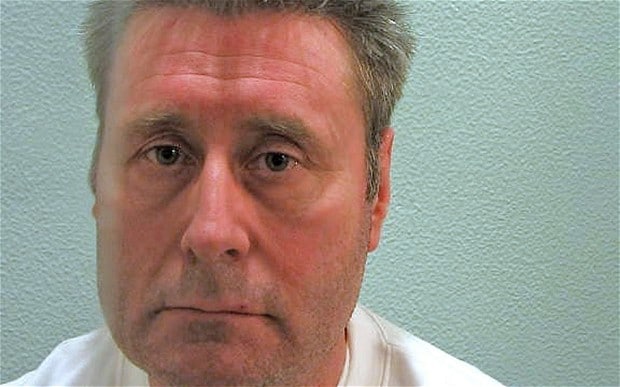Police to appeal against ‘black cab rapist’ ruling

John Worboys: Police failed to act on reports
The case of the victims of serial rapist John Worboys, whose victory against the Metropolitan Police transformed the way human rights law treats victims whose allegations are not properly investigated by the police, is to be appealed, with the backing of Theresa May.
In 2014, the High Court ruled that the Metropolitan Police had breached the human rights of two of Worboys’ victims through their failure to adequately investigate rape allegations against the black cab driver. The pair, known as DSD and NBV, argued that the lack of police response to their claims of rape and sexual assault caused them to suffer inhuman or degrading treatment – a right enshrined in Article 3 of the European Convention on Human Rights.
Using the guise of encouraging female customers to join him in celebrating a cash prize, Worboys plied women with sedative-laced champagne before going on to rape or sexually assault them. When DSD and NBV reported the attacks to the police in 2003 and 2007, officers failed to believe them.
Worboys continued to attack women he picked up in his taxi until 2008 – five years after police were originally made aware of the allegations. By the time he was jailed in 2009, police believe Worboys had raped or sexually assaulted more than 100 women, making him one of the most prolific serial sex attackers of recent times.
The case, which was seen as a huge victory for the rights of victims of sexual violence, who have historically suffered as a result of failures by the police to take their allegations seriously, has had huge implications for similar claims.
The Metropolitan Police’s attempt to overturn the landmark victory, in bid to close the floodgates against potentially thousands of compensation claims from victims of rape, has the support of the Home Office, who will argue that there are “very serious concerns” about imposing a duty of care on the police in relation to their investigations. If the ruling is upheld, the police will argue that it could “damage operational effectiveness” and risk diverting “scarce police resources” toward defending legal action about historic cases.
Whilst Home Secretary, Theresa May intervened on behalf of the Metropolitan Police against the ruling, which was upheld by the Court of Appeal. The police’s appeal will now be heard by the Supreme Court, with the support of May’s successor, Amber Rudd.
Martha Spurrier, director of the human rights group Liberty, which is backing the two women, commented: ‘The Met should have learned lessons and committed to take rape seriously. Instead they are using taxpayers’ money to drag these women through yet another court hearing – all in an effort to argue that they shouldn’t be legally required to effectively investigate rape.’
These sentiments are echoed by Rachel Krys, co-director of End Violence Against Women Coalition (EVAWC), which amongst other women’s rights groups are intervening in the Supreme Court case. ‘The findings of failings by the police in the Worboys case led to an independent review into rape investigations by the Met… which made 46 recommendations for better policy and practice. That is why it is so disappointing that the Metropolitan Police, along with the UK Government, are now seeking to overturn it.’
The argument that victims of serious crime should not be allowed to use the Human Rights Act to sue the police comes as an anethama to NBV, one of Worboys’ victims: ‘I cannot believe that on the one hand the government says it is committed to tackling violence against women, and on the other hand they are strongly backing a case that will remove women’s rights.’






